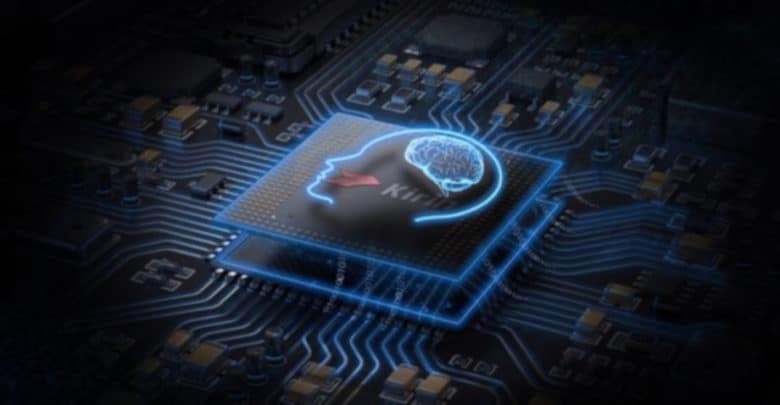
A few days after Google discontinued its collaboration with Huawei due to a decision of the US Department of Commerce, the Chinese company was pleased to announce the postponement of the trade ban of 90 days.
Now the chip developer ARM is the next US company to completely end its cooperation with Huawei under pressure from the government. According to a BBC report British employees of ARM should have heard this in an internal message. The end of the cooperation includes “active contracts, planned cooperations and support obligations”. The British company, which is actually British, fears that the US decision could also affect them, as the development will partly take place in Austin (Texas) and San Jose (California).
If ARM sticks to this decision, it would mean the end of the Kirin processors Huawei has used under the Hisilicon brand for a number of smartphones and tablets in the short and medium term. The processors developed by Huawei are based on ARM’s Cortex architecture, for which the company previously held a license.
So Far Close Cooperation in Development
So far, the two companies have worked very closely together on the development of processors. For this reason, Huawei announced only a few weeks ago a new research centre in Cambridge, which would be only 15 minutes away from the ARM headquarters. Existing chips like the Kirin 980 and the successor Kirin 985 can therefore continue to use Huawei, since the development is already completed. However, Huawei will support the development of new chips or the use of ARM licenses if ARM cannot continue to use the decision revised for its products.
For this reason, Huawei is forced in the long term to either discontinue many of its own chip developments or to develop new ones based on other technologies. Since Qualcomm, which supplies Samsung with smartphone processors, for example, is also affected by the trade ban, Huawei can no longer obtain SoCs from this source either. In the long term, the ARM decision is therefore “an insurmountable blow” for Huaweis’s business from an analyst’s point of view.
Since Google is also affected by the decision, Huawei has already announced that the Group’s own operating system will be available at the end of 2019 or at the earliest in 2020, so that it can at least act independently of US policy decisions on the software side.



